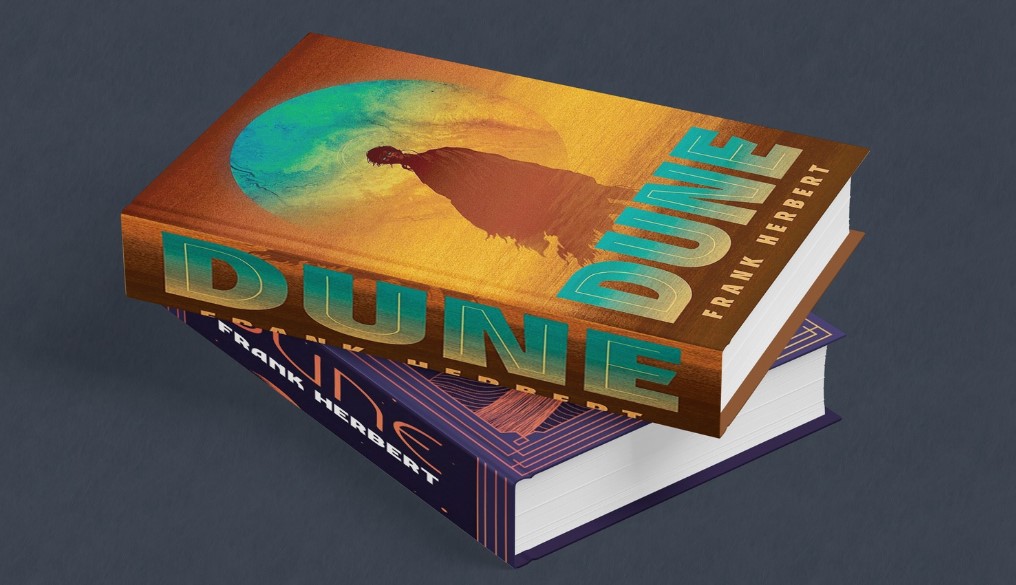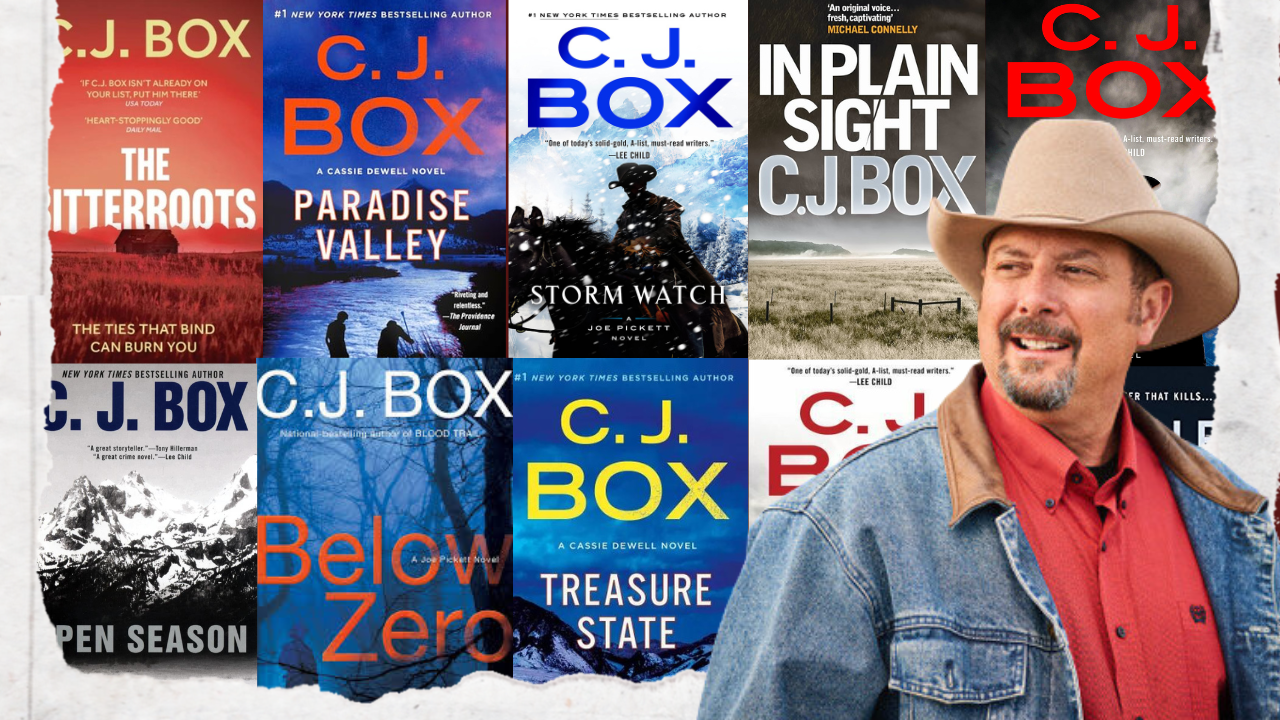
Share Post:
Choosing the right research methodology book is crucial for scholars and students aiming to excel in their academic pursuits. The following list highlights ten of the best research methodology books, providing a comprehensive guide for researchers at various stages of their careers.
Each book is selected based on its practical insights, depth of content, and usefulness in addressing different research needs.
Table of Contents
Toggle1. The Craft of Research, Fourth Edition
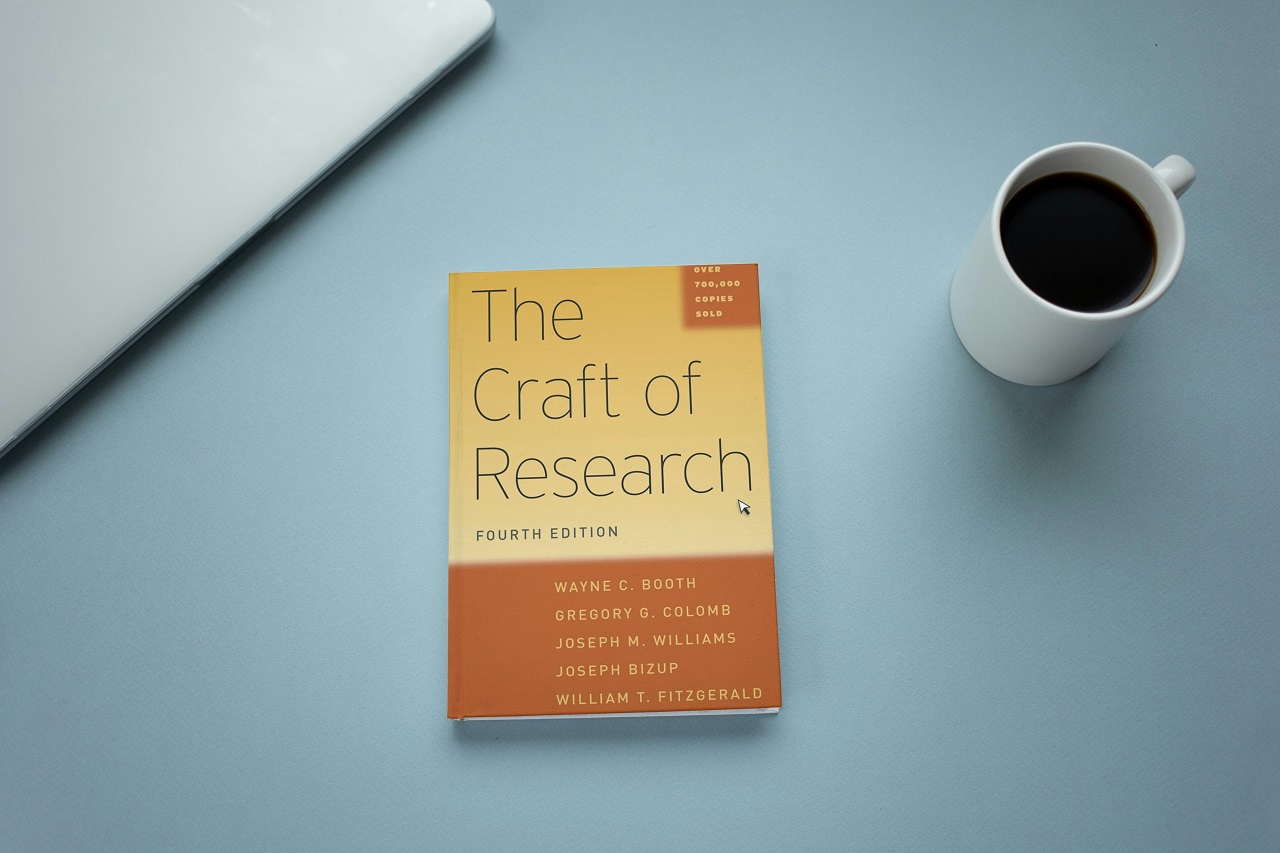
Authors: Wayne C. Booth, Gregory G. Colomb, Joseph M. Williams
“The Craft of Research” is a foundational text for understanding the intricacies of constructing a research paper. The authors provide a detailed guide on formulating research questions, developing arguments, and effectively communicating findings.
This book is particularly useful for those looking to refine their research writing skills and engage readers with persuasive arguments. The fourth edition includes updated examples and expanded sections on critical thinking and argumentation.
2. Research Design: Qualitative, Quantitative, and Mixed Methods Approaches
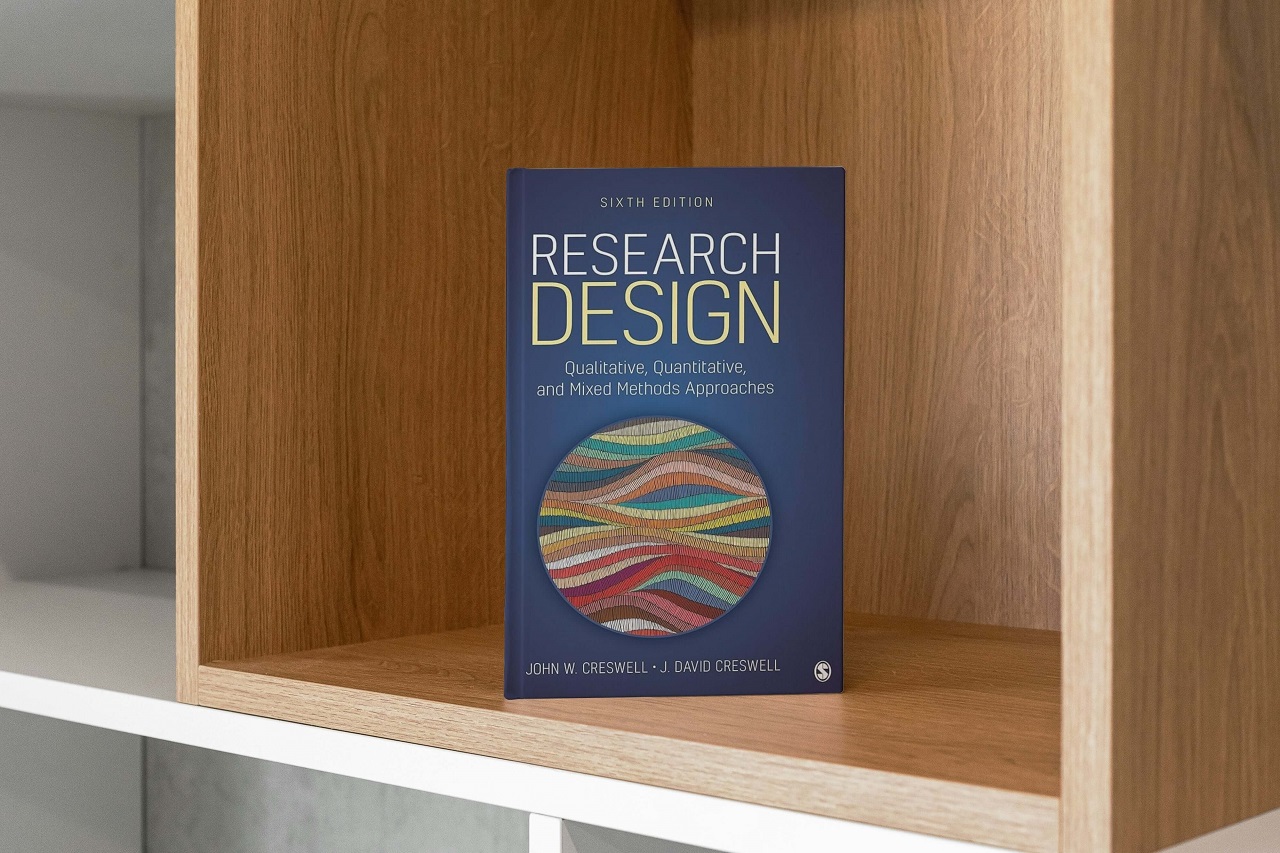
Author: John W. Creswell
John W. Creswell’s “Research Design” offers a comprehensive overview of various research methodologies. The book explores qualitative, quantitative, and mixed methods approaches, providing detailed guidance on selecting the appropriate methodology for a given research question.
Creswell’s work is renowned for its clarity and practical advice, making it an essential resource for both novice and experienced researchers.
3. Qualitative Inquiry and Research Design: Choosing Among Five Approaches
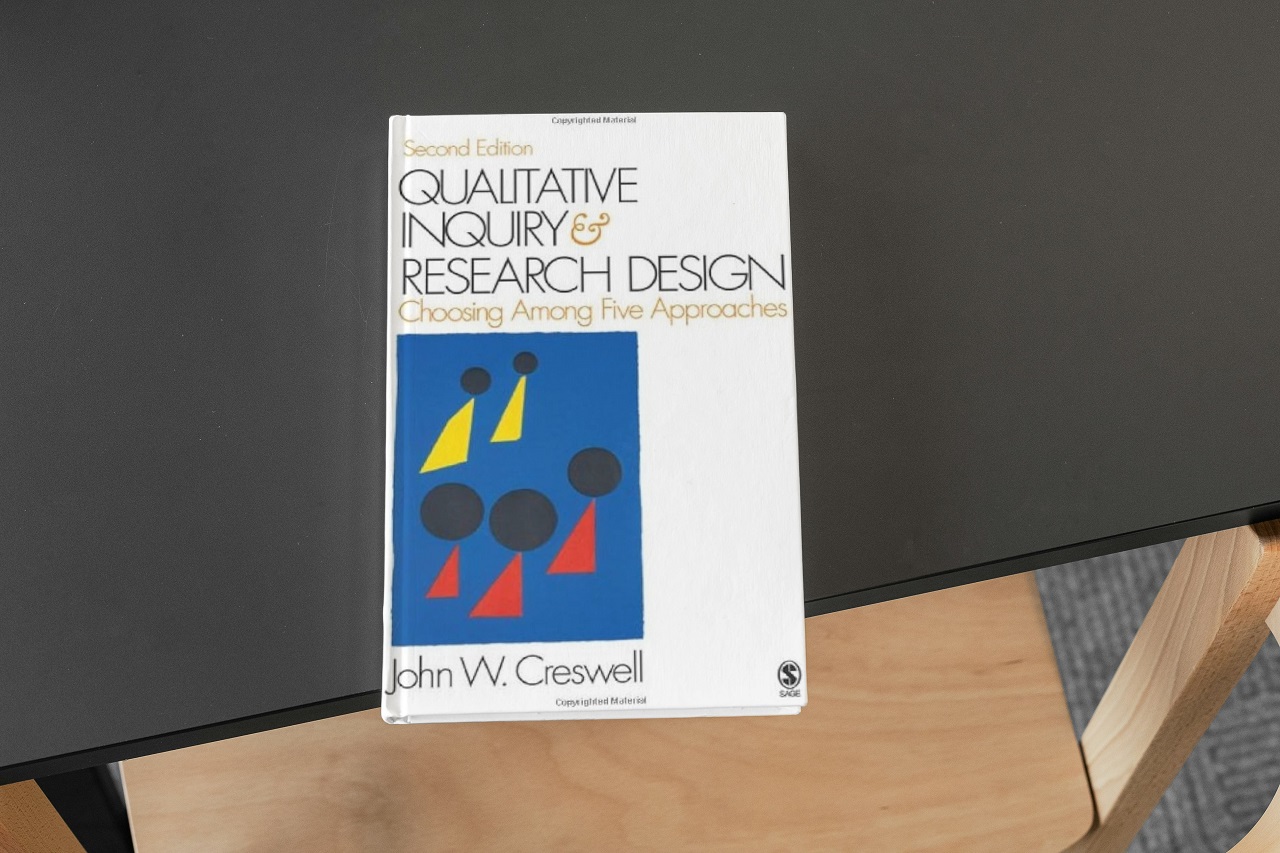
Author: John W. Creswell
Another seminal work by Creswell, “Qualitative Inquiry and Research Design” delves into five qualitative research traditions: narrative research, phenomenology, grounded theory, ethnography, and case study.
This book is invaluable for researchers interested in qualitative methods, offering detailed explanations of each approach and practical guidance on data collection and analysis.
4. Doing Your Research Project
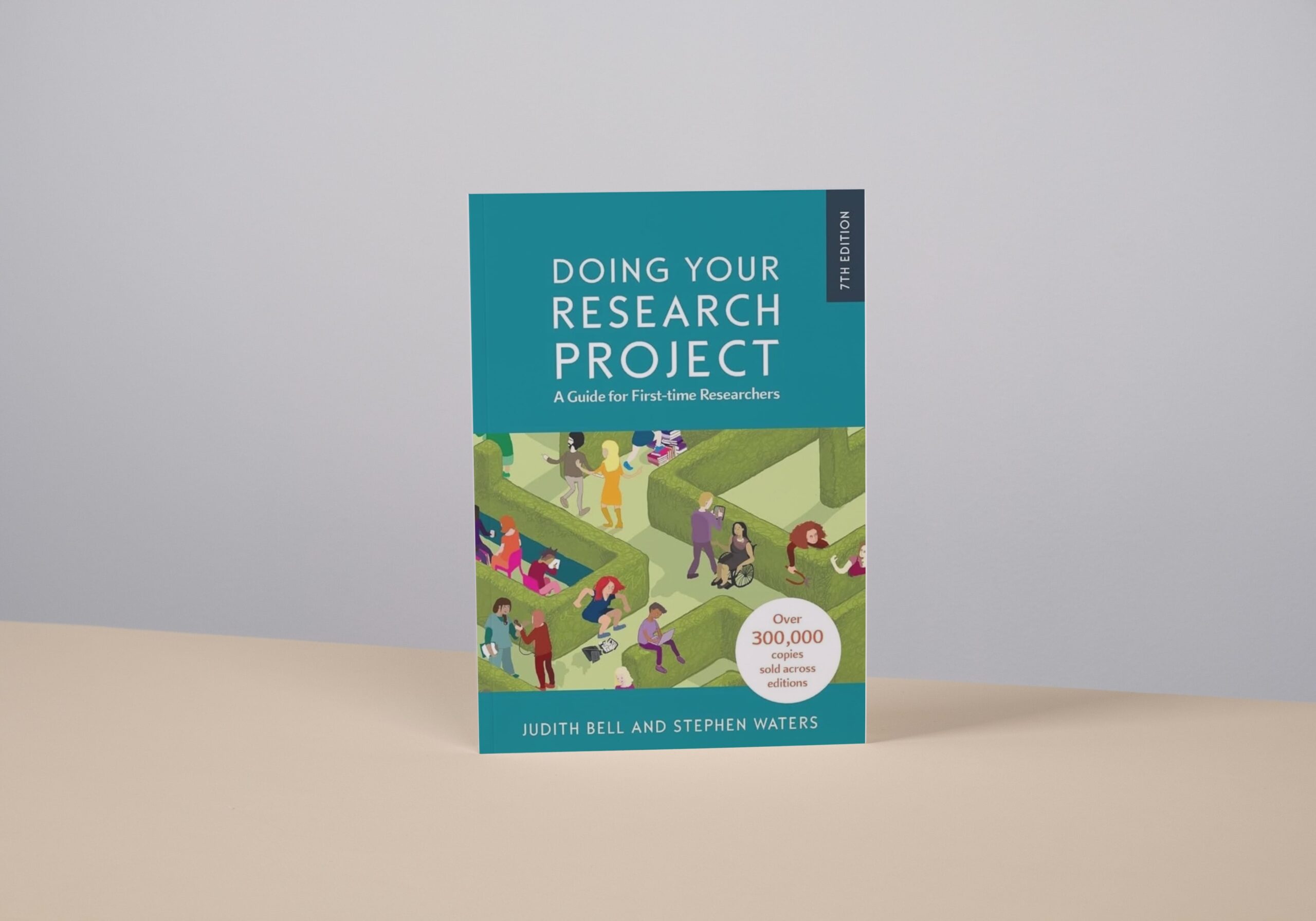
Author: Judith Bell
“Doing Your Research Project” by Judith Bell is a step-by-step guide aimed at first-time researchers. The book covers all stages of the research process, from planning and conducting research to writing and presenting findings. Bell’s practical advice helps readers avoid common pitfalls and successfully navigate their research projects.
5. The Essential Guide to Doing Your Research Project
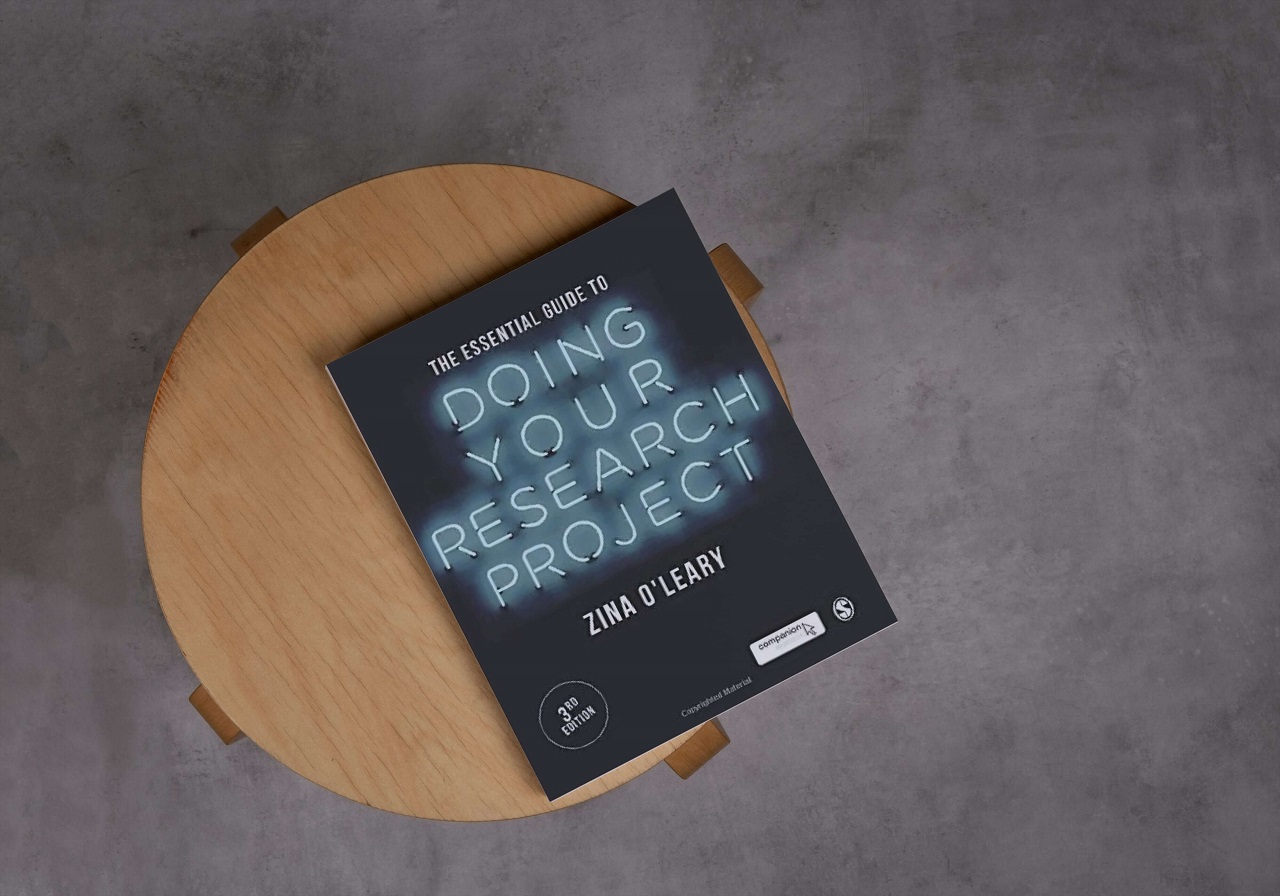
Author: Zina O’Leary
Zina O’Leary’s “The Essential Guide to Doing Your Research Project” is a comprehensive manual that guides researchers through each phase of their project. The book includes practical tips, checklists, and real-world examples to help researchers manage their work efficiently.
O’Leary’s approachable writing style makes complex concepts accessible to all levels of researchers.
6. Introducing Research Methodology: A Beginner’s Guide to Doing a Research Project
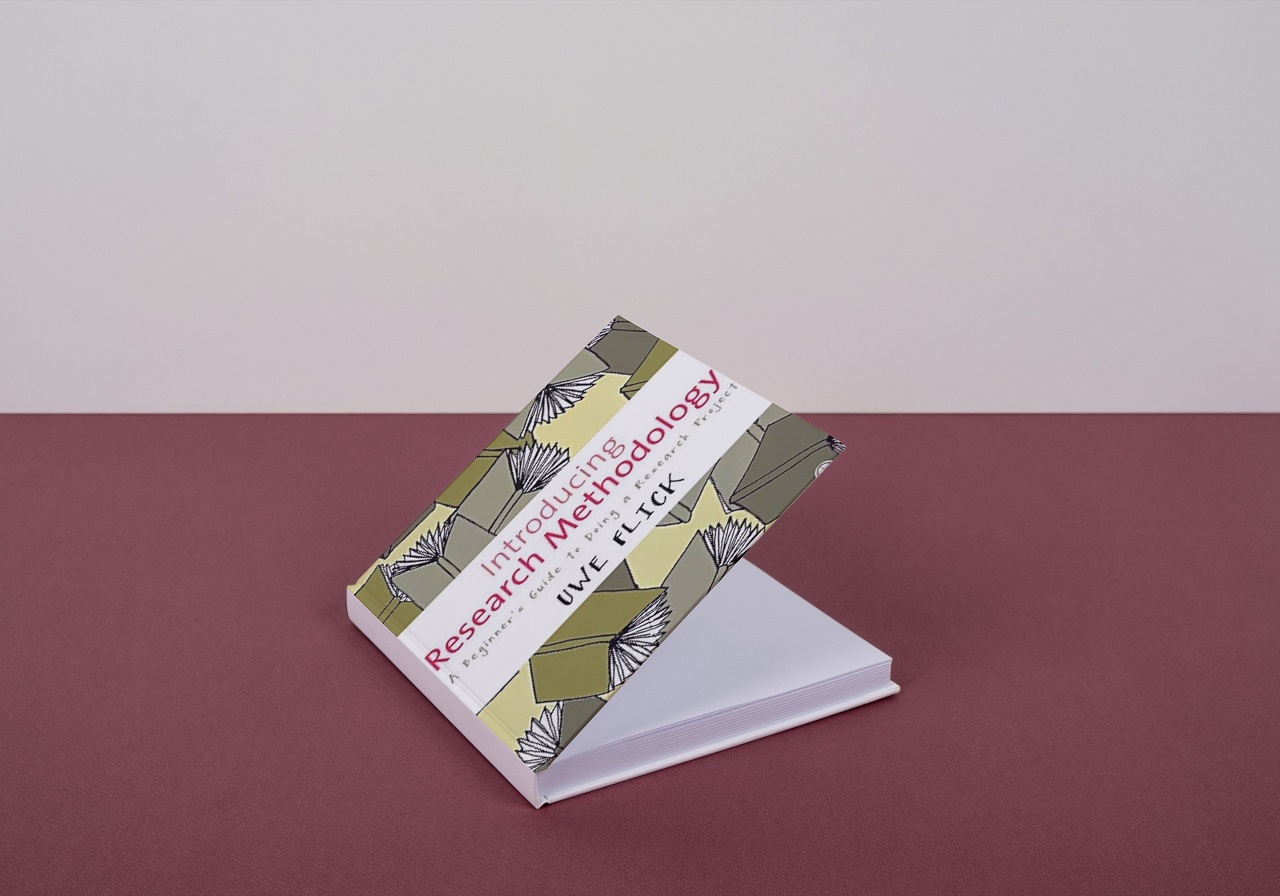
Author: Uwe Flick
Uwe Flick’s “Introducing Research Methodology” is tailored for beginners in research. The book provides a thorough introduction to both quantitative and qualitative research methods, with plenty of examples to illustrate key concepts. Flick’s clear explanations and structured approach make this an ideal starting point for novice researchers.
7. The SAGE Handbook of Qualitative Research
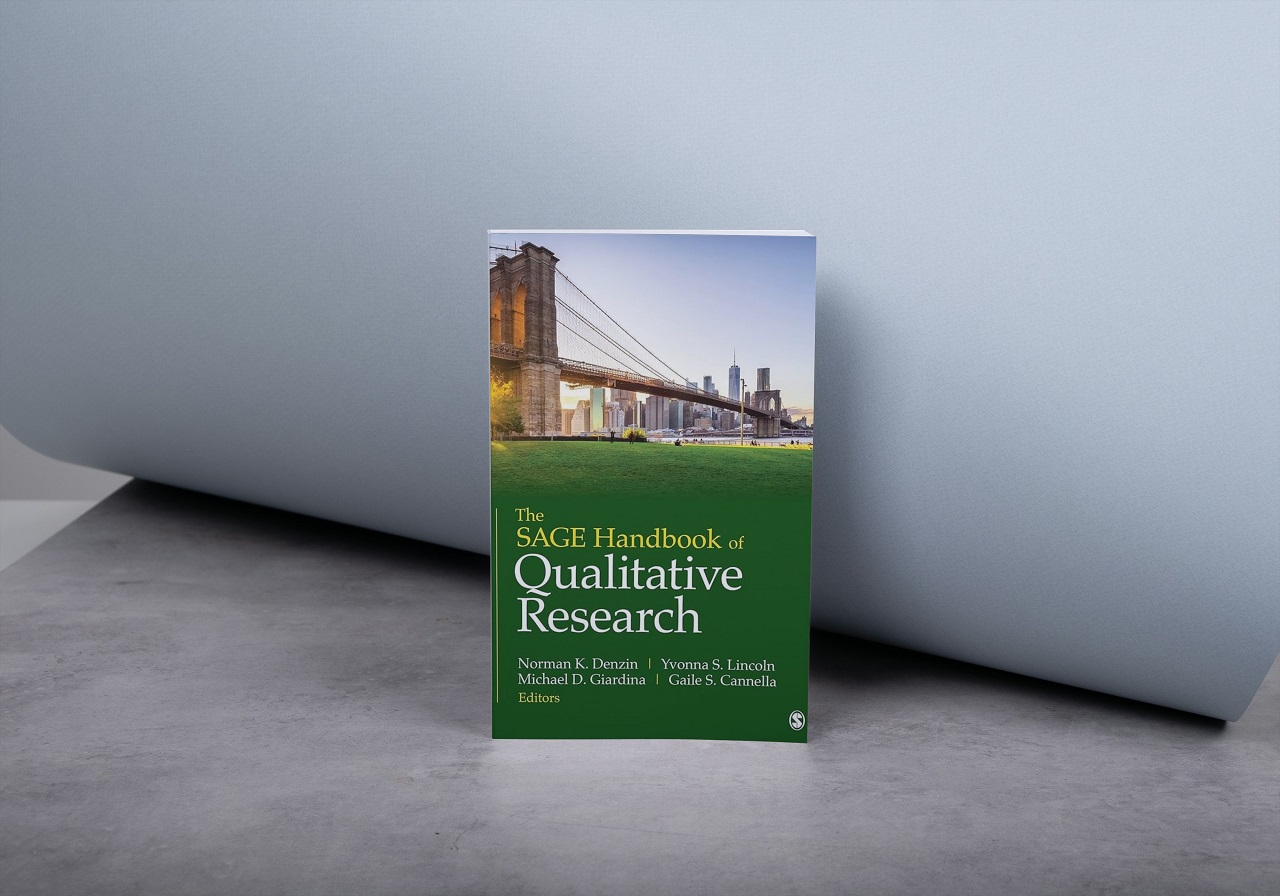
Editors: Norman K. Denzin, Yvonna S. Lincoln
The SAGE Handbook of Qualitative Research is a comprehensive collection of writings from leading scholars in the field of qualitative research. The book addresses social justice issues, theoretical frameworks, and methodological innovations, making it a critical resource for advanced qualitative researchers.
Its in-depth analyses and diverse perspectives provide valuable insights into the practice of qualitative research.
8. Research Methods in Education
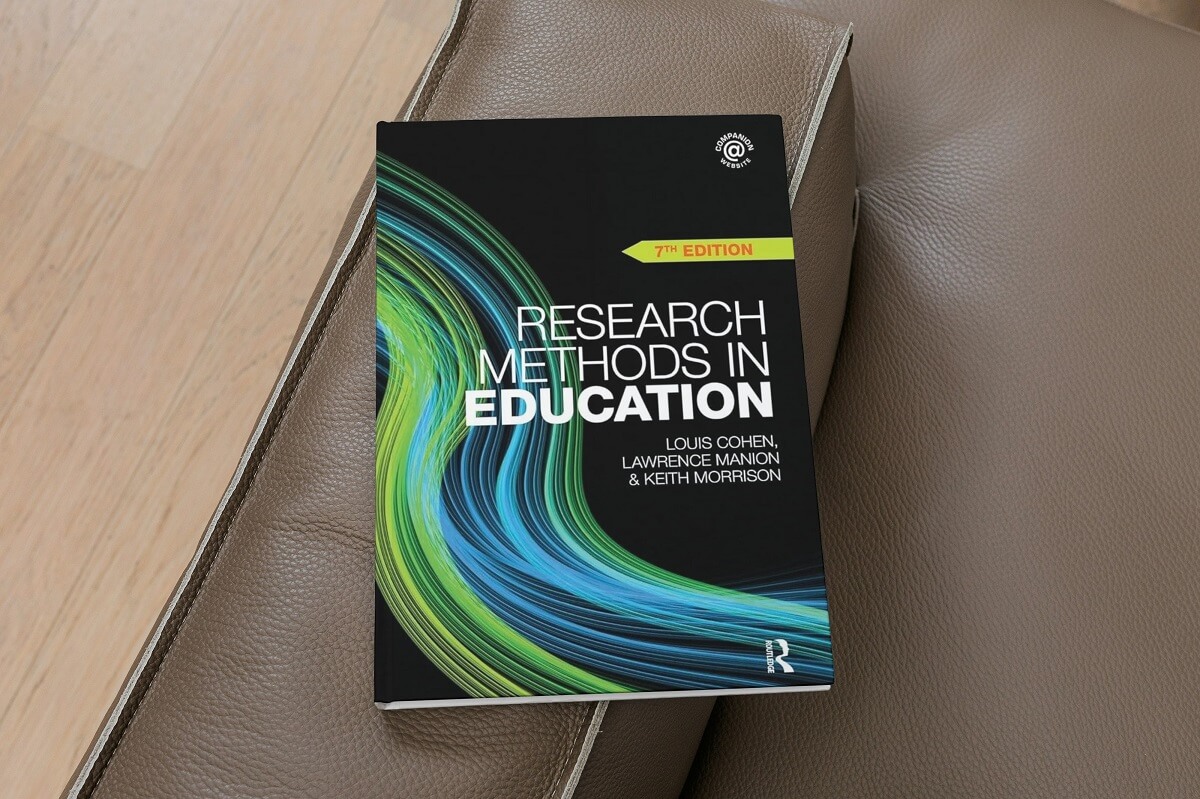
Authors: Louis Cohen, Lawrence Manion, Keith Morrison
“Research Methods in Education” is a vital resource for students and professionals in the field of education. This book covers a wide range of research methods, including planning, conducting, analyzing, and utilizing research. The comprehensive coverage and practical advice make it an essential guide for educational researchers.
9. The Research Methods Knowledge Base
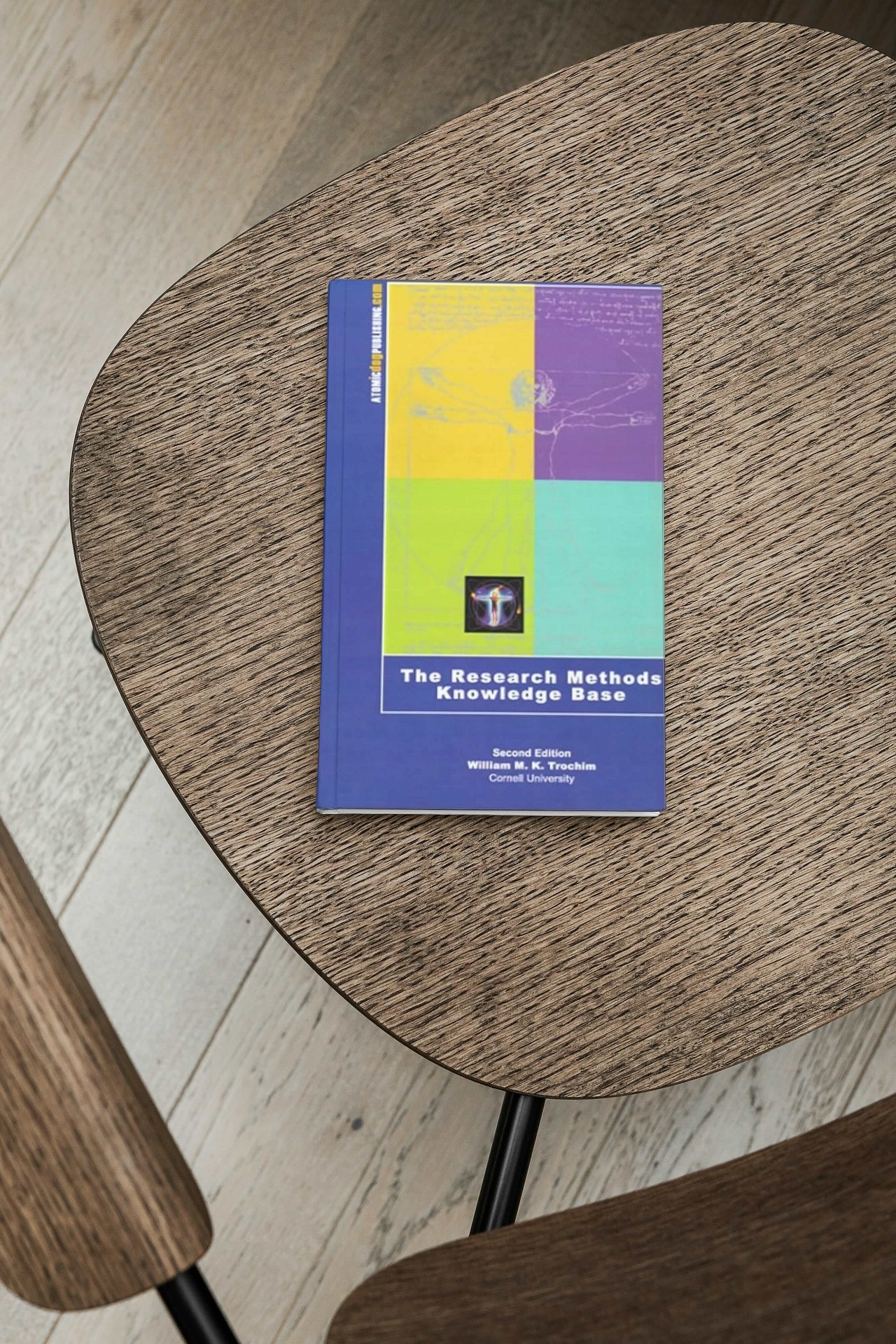
Authors: William M. K. Trochim, James P. Donnelly
“The Research Methods Knowledge Base” offers a thorough exploration of both qualitative and quantitative research methods. The book is designed to be accessible to both novice and experienced researchers, providing clear explanations and practical guidance on complex research concepts.
This resource is invaluable for anyone looking to deepen their understanding of research methodology.
10. Naturalistic Inquiry
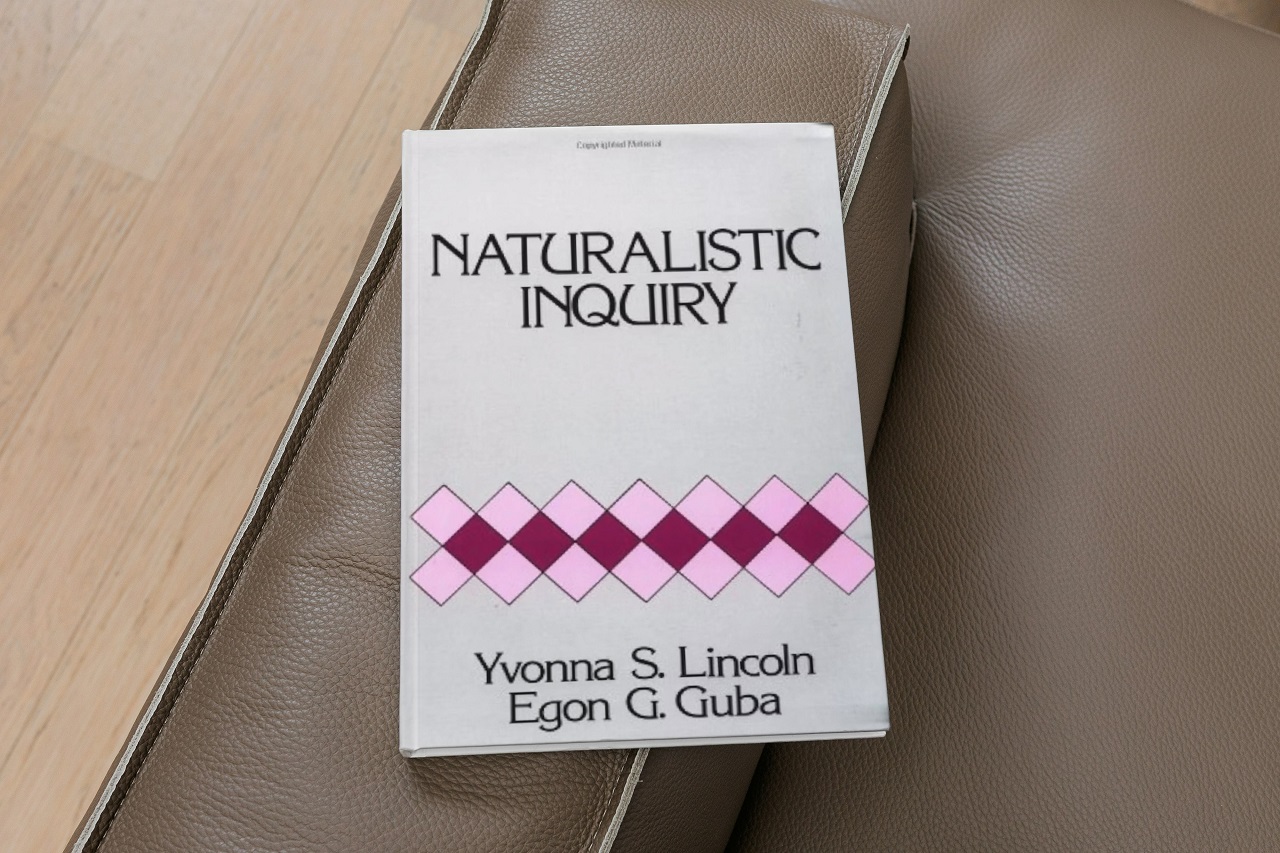
Authors: Yvonna S. Lincoln, Egon G. Guba
“Naturalistic Inquiry” challenges traditional research methodologies by advocating for a more progressive approach to social science research. The authors argue for methods that are more reflective of real-world complexities, providing a framework for conducting rigorous and relevant research.
This book is essential for researchers looking to adopt innovative and context-sensitive methodologies.
Conclusion
Selecting the right research methodology book is crucial for the success of any research project. The ten books listed above offer a range of perspectives and practical advice, catering to different research needs and levels of experience.
Whether you are a beginner looking for a comprehensive introduction or an advanced researcher seeking in-depth analyses, these books provide valuable resources to guide you through the research process.





